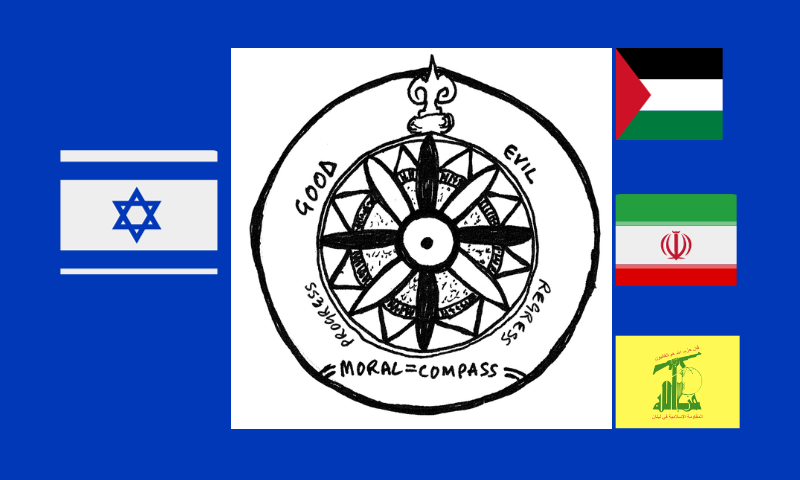Lazar Berman
Times of Israel, Aug. 1, 2024
“The leader of Hamas abroad, [hitherto] Haniyeh, plays a central role in the mobilization of resources for Hamas, in representing the organization, in political outreach, in building its military power. In fact, this is what transforms Hamas from a local terrorist organization into a movement with regional influence.”
After the Hezbollah rocket attack in Majdal Shams on Saturday that left 12 children dead and dozens more injured, Israel found itself forced to carry out a muscular response.
The question was how.
Several options were on the table, some of them pushed loudly by prominent officials. Israel could have opted to finally embark on the long-anticipated war on Hezbollah, seeking to drive the Shiite terror army from southern Lebanon and degrade its military capabilities. Alternatively, Prime Minister Benjamin Netanyahu could have opted for a limited air campaign across Lebanon, focusing on taking out key Hezbollah targets, both as punishment for the Golan Heights strike and to put Israel in a better position if and when war breaks out.
Or Israel could also have struck the Lebanese state itself, trying to compel it to rein Hezbollah in.
All of these options come with significant risks.
Prime Minister Benjamin Netanyahu at the Kirya military headquarters in Tel Aviv, with his chief of staff Tzachi Braverman, his military secretary Maj. Gen. Roman Gofman and National Security Adviser Tzachi Hanegbi, in a photo released soon after an Israeli strike on a Hezbollah target in Beirut, July 30, 2024 (PMO)
… [To read the full article, click here]


